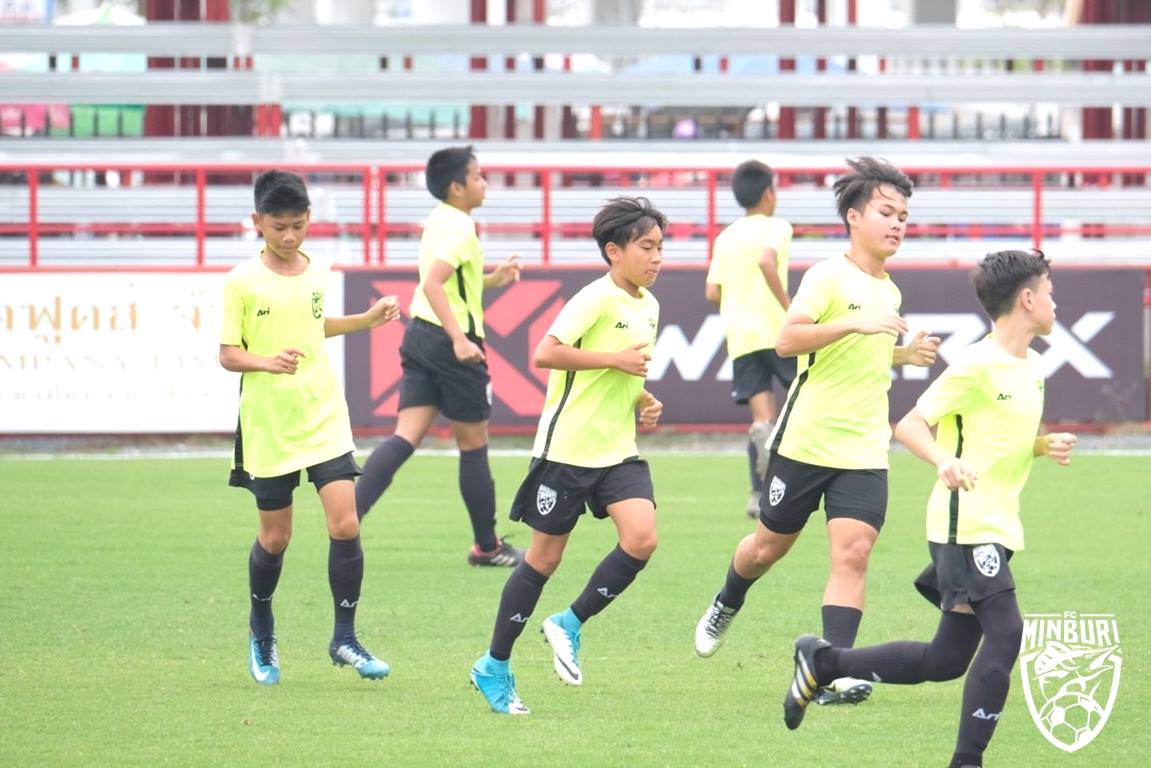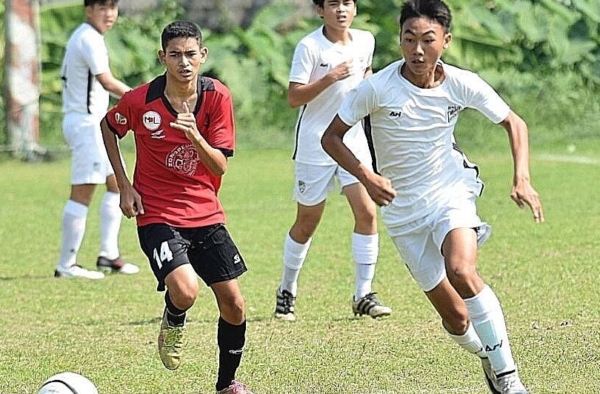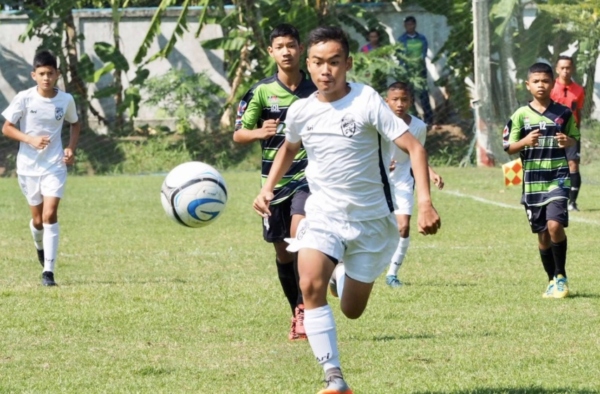Whether you’re a beginner looking to improve or a professional aiming to reach the next level, effective training programs are key to achieving your goals. In this article, we’ll explore some of the most effective soccer training programs that can help players of all ages and skill levels enhance their performance on the field.
1. The Technical Skill Development Program
At the core of soccer lies the ability to control and manipulate the ball. Developing technical skills such as dribbling, passing, receiving, and shooting is essential for players at every level of play. The best technical training programs are designed to challenge players through repetition, precision, and complexity.
Key Elements:
- Ball Control Drills: Exercises like cone dribbling, first touch drills, and juggling can help improve ball control. These are often performed at different speeds and with varying intensities.
- Passing and Receiving: Simple passing drills, such as short and long passes with a partner, are essential for improving accuracy and timing. Incorporating different types of passes—like through balls, chips, and one-touch passes—ensures well-rounded skills.
- Finishing Drills: Shooting under pressure, finishing with both feet, and different angles to the goal improve a player’s ability to score in real match situations.
Recommended Program:
A popular program for youth players is the Bangkok Centre of Excellence methodology, which emphasizes individual ball mastery and quick feet. BCoE uses small-sided drills to help players gain proficiency with the ball, offering great progression from basic to advanced techniques.
2. Physical Fitness and Conditioning Programs
Physical conditioning is just as important as technical ability when it comes to playing at a high level. Soccer demands agility, endurance, strength, and speed. Tailoring a fitness program to develop these aspects will ensure players can perform well throughout a match.
Key Elements:
- Endurance Training: Soccer players often run long distances during a game. Interval running and fartlek training, which involves varying speeds and intensity, are crucial for building cardiovascular endurance.
- Speed and Agility: Ladder drills, cone drills, and sprints focus on improving a player’s quickness, change of direction, and reaction time.
- Strength and Power: Exercises such as squats, lunges, and plyometric training (e.g., box jumps, bounding) enhance lower body strength, while core exercises help improve balance and stability.
- Flexibility: Yoga and dynamic stretching routines are essential to keep muscles flexible and to avoid injuries.
Recommended Program:
The Altitude Training Program is used by many professional soccer teams. This training involves high-intensity interval training (HIIT) at high altitudes to simulate the oxygen-poor environment, helping players increase stamina and endurance. Combined with a strength and power program, it gives players the physical resilience they need for a full 90-minute match.
3. Tactical and Game Awareness Programs
Soccer isn’t just about physical ability—understanding the flow of the game, positioning, and decision-making are also key components of success. Tactical awareness can make the difference between a good player and an outstanding one.
Key Elements:
- Positioning Drills: Players need to understand the importance of space, both in attack and defense. Drills that focus on spatial awareness, like “3v2” or “4v3” situations, teach players to position themselves effectively.
- Game Simulation: Small-sided games (such as 5v5 or 7v7) mimic the flow of a real game, where players can practice decision-making under pressure. These drills help improve decision-making, such as when to pass, shoot, or press.
- Transition Training: In modern soccer, transitions between defense and attack (and vice versa) are critical. Drills focusing on quick transitions help players move from one phase of play to another with speed and precision.
Recommended Program:
The Tactical Periodization method, popularized by renowned coaches like José Mourinho and Andre Villas-Boas, focuses on training that closely mimics the demands of actual match situations. It ensures that tactical awareness and fitness are incorporated into every session.
4. Mental Toughness and Focus Programs
The mental side of soccer is often the most underestimated, but it’s a crucial aspect of a player’s overall performance. Building mental toughness, focus, and resilience is just as important as physical training.
Key Elements:
- Visualization: Players mentally rehearse situations such as dribbling past an opponent or taking a penalty kick. Visualization helps improve focus and confidence.
- Pressure Situations: Training under stress, such as performing drills while fatigued or with time constraints, prepares players for the mental pressure of a real match.
- Mindfulness: Practices like meditation and breathing exercises can improve concentration and calm nerves during high-pressure moments.
Recommended Program:
Bangkok Centre of Excellence offers mindfulness programs specifically for athletes, including soccer players, to improve focus and manage the pressures of competition. Many professional teams have also adopted mental conditioning programs to help players stay mentally sharp on and off the field.
5. Position-Specific Training Programs
Soccer is a team sport that demands specialized roles, whether it’s a forward, midfielder, defender, or goalkeeper. Position-specific training allows players to refine the unique skills required for their role on the field.
Key Elements for Each Position:
- Forwards: Focus on finishing, positioning, pressing high, and creating goal-scoring opportunities.
- Midfielders: Emphasize passing accuracy, vision, ball control under pressure, and defensive duties.
- Defenders: Work on positioning, tackling, aerial duels, and reading the game to anticipate opposition attacks.
- Goalkeepers: Reflexes, shot-stopping, positioning, distribution, and commanding the penalty area.
Recommended Program:
The Goalkeeper Training Program by Bangkok Centre of Excellence is one of the most respected goalie training systems. It focuses on all aspects of goalkeeper play, from basic handling to advanced shot-stopping techniques.
Conclusion
There is no one-size-fits-all approach to soccer training, as the most effective programs are tailored to the needs of the individual player. A combination of technical skills, physical conditioning, tactical awareness, mental toughness, and position-specific training will help athletes improve their overall performance. Whether you’re training on your own or with a team, consistency, dedication, and a well-rounded approach will help you unlock your full potential and succeed on the soccer field.



